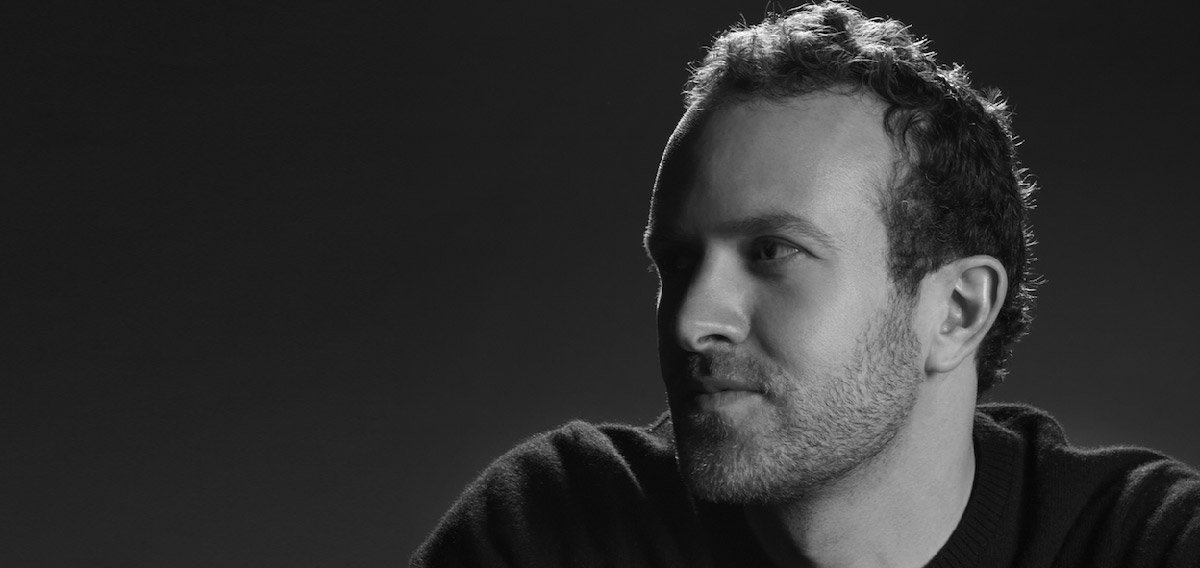Marketing by sharing
A technique of creating a captivating audience by sharing your knowledge and teaching other people about your domain

Hi Daniel. I’m studying sound engineering and I offer track mastering services. My question may seem strange, but still I’ll ask: how do I look for clients? Maybe you have some advice from a producer’s point of view and social media experience? As an artist yourself, how do you find mastering engineers? Is it worth investing in Facebook ads? Or Google ads? Or banners in themed communities?
Edward Hansen
I will allow myself to give more general advice because it seems that the situation is suitable for different professions and not just mastering engineers.
It is expensive and not always effective (and sometimes not very ethical) to cover the Internet with banners and chase people with tracking pixels to show them ads, especially when it comes to niche specialists: mastering engineers, wedding DJs, photographers, editors and other service professionals.
I’m confident there’s a better way to attract customers than direct advertising – to share knowledge and build an audience. Tell people what you do, how you do it, and why you do it this way and not that way. Not to sell to them (although you might, eventually), but to teach, show, and tell. And this way, you build trust and an audience.
This point was so beautifully articulated and verbalized by Jason Fried in 2009, it couldn’t say better. Check out this short video and some thoughts from it:
“I think this [marketing by sharing] is especially relevant for small businesses and especially in the creative industry because it’s really expensive and difficult to break out: there is a ton of small design shops, there is a ton of video shops. And how do you get known, how do people find out who you are? Of course, you can hire a PR firm but it’s a waste of money and I wouldn’t do that, you can advertise somewhere but I don’t think it’ll work either because it’s hard to advertise design to kind of right people and it’s expensive. You can try some more traditional marketing ideas but I don’t think those generally work either.
What I think you should be doing is thinking about how can you teach people about your domain. If you are a web designer, for example, you can teach people about what it’s like to be a web designer, about CSS, HTML, what it’s like to land a client, you can talk about what it’s like to prepare a proposal or respond to an RFP. And these the things you can do on your website.
So, when you start sharing and start teaching other people, the great thing about it is all of a sudden you create an audience, which is a kind of a secret weapon when it comes to promoting your business. If you don’t have an audience, you have to constantly spend money to tell more and more people about your service, and after they buy something they go away and they don’t coming back until they want something else. But when you build an audience, when you generate useful content, people keep coming back to you every day for more information. Eventually, when they’re ready to sign up or they need a web designer or whatever you do, they will have you in mind because they were coming back to you every day. And that’s a really effective way of reaching people without spending a lot of money.
Or, let’s say, you are a writer. A freelance writer, or a journalist, or someone like that who needs to find more gigs and looking for more people to hire them. You should be talking about what it’s like to be a writer on your site. Most sites simply have a ‘Portfolio’, ‘About us’, and ‘Contact us’ page and that’s pretty much it, but you should have a section where you share drafts that were rejected, words that you left out. You should share one sentence you’re working on, share all different iterations and talk about why you left this one out, why you change these words, why you transpose these two words, what’s the difference between the final version comparing to the initial one. You need to share this process because people who read this are gonna go like: ‘This guy knows his shit. He cares enough about the words, he cares enough how words sound and structured to share with me the process he went through’. And that means a whole lot more than someone who simply shares a series of essays or articles they’ve written. That’s how you begin to build your audience.”
The best thing about this technique is that it can be used for any small business or service, even in the music industry. I highly suggest watching the full video above whether you are a songwriter, a mastering engineer, a film score producer, a journalist, a label owner, a visual artist, and so on.


